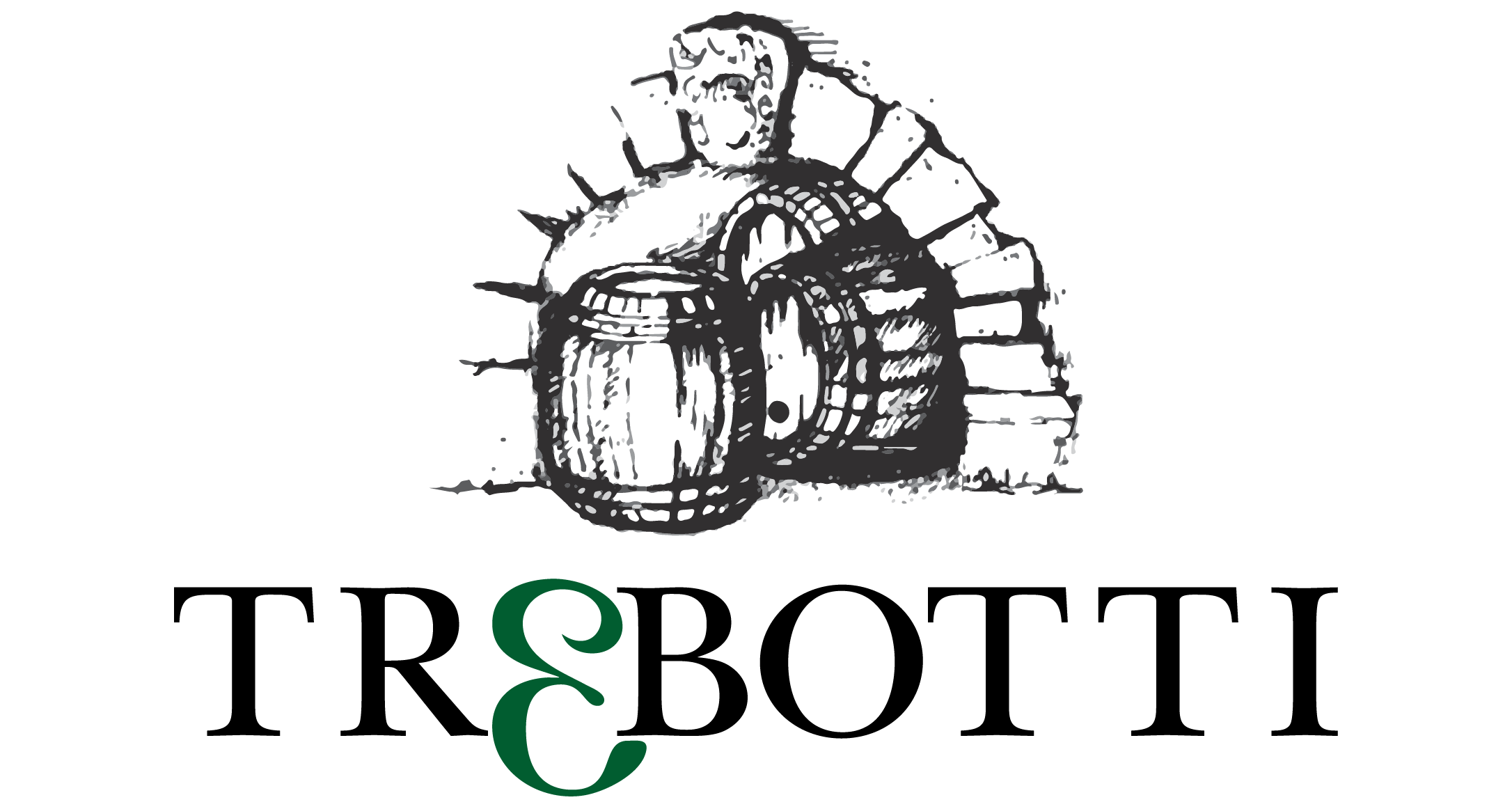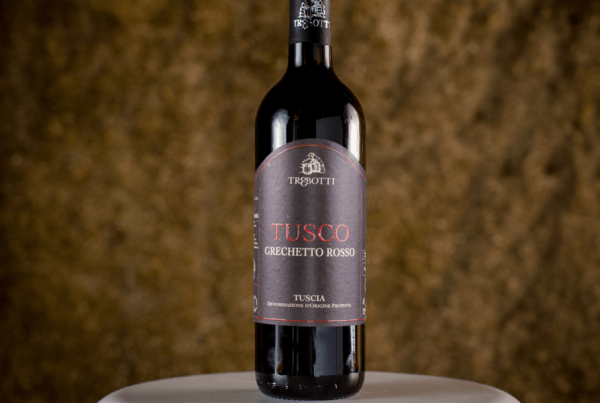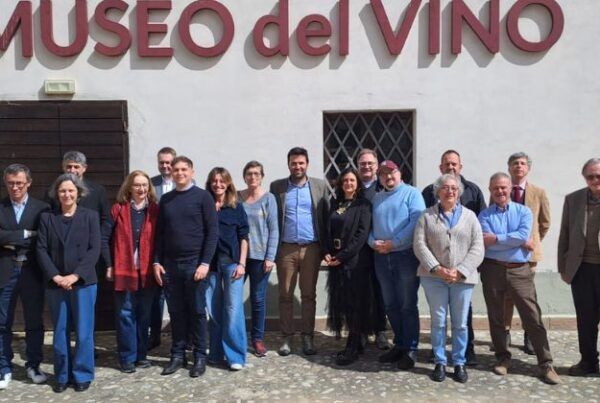Climate Change and the Pandemic? Resilience, Innovation, and Creativity Are the Winning Tools for a New Agricultural Model — Eco-Sustainable Experiential Wine Tourism and New Products Balancing Tradition, Innovation, and Sustainability
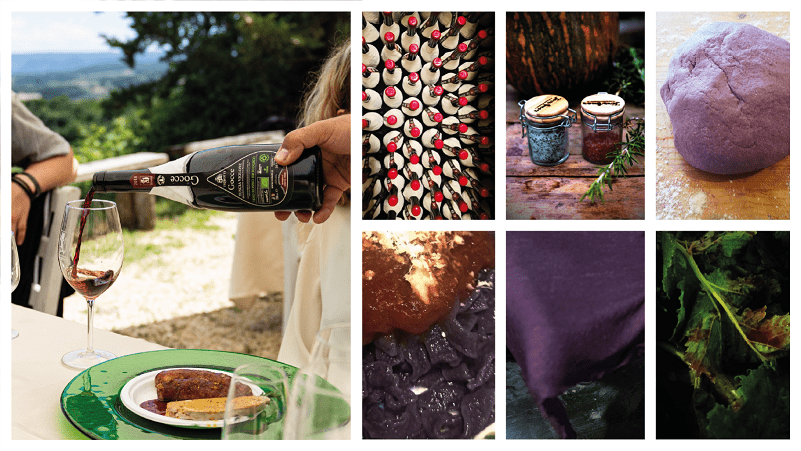
The past two years, especially the two more or less total lockdowns that shaped much of 2020 and 2021, have tested many businesses to the limit. Small agri-food producers outside of large-scale distribution channels were hit particularly hard. These are small companies that, by philosophy and scale, don’t work with big distributors or supermarkets but instead with equally small partners like restaurants, bistros, and cafes — all sectors severely impacted by closures during the emergency.
To survive and adapt, it was necessary to diversify activities, reinventing and reshaping the business itself. This is the story of Trebotti, a bio-sustainable farm in Castiglione in Teverina. A leading winery but also a champion of environmental sustainability.
During the forced shutdown, the company transformed an old stable into a fully certified organic kitchen and production lab to develop its project of sustainable delicacies. This lab also became key for launching a very successful series of events, tasting tours, and lunches (initially held outdoors overlooking the Tiber valley, then also indoors when permitted) starting in October 2020 under the new slogan EcoWineExperience.
With plenty of creativity and drawing from personal experience, Trebotti used this kitchen lab to offer carefully crafted dishes featuring top-quality ingredients (all produced by the farm itself or locally sourced and organic) and with a keen focus on seasonality.
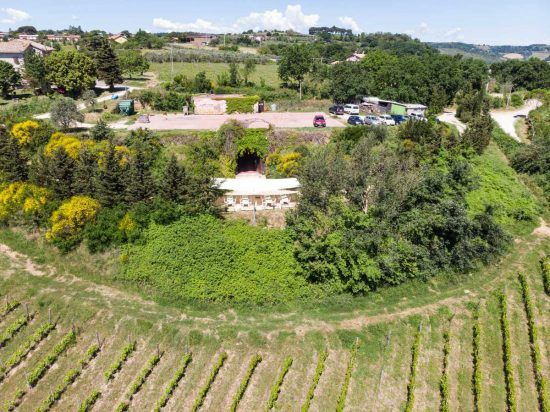
After the Christmas break, Sunday Lunch with the Winemaker has returned in recent weeks — unique special events for up to 40 guests. On the farm’s shop page dedicated to EcoWineExperiences, it’s quick and easy to book your spot for the upcoming Sundays focused on Wine, Food, and Nature.
Menus and tasting journeys change weekly. Lunch (preceded by a pleasant stroll through the vineyards, olive grove with the donkey Jane, vegetable gardens, the 2,500-year-old Etruscan cave where sparkling wine is aged, and the cellar itself) is a complete experience from aperitif to dessert, with each course paired with a Trebotti wine, explained in detail to guide both experts and newcomers through the tasting.
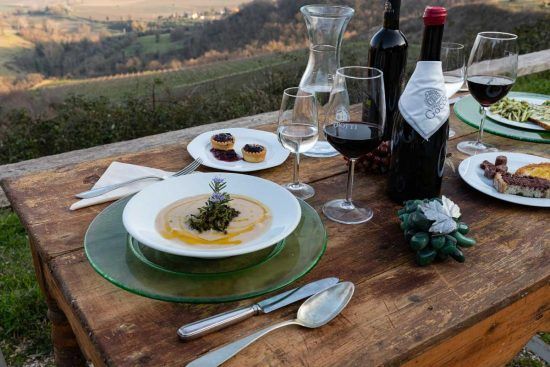
Very often, the winery pairs a dish with a vertical tasting — sampling two important vintages of the same wine to appreciate its aging potential and understand how it evolves over time.
When the weather allows, they often offer open-air barbecue selections cooked in view. Wine pairings are matched with Tuscia’s finest local products: wild boar, truffle, porcini mushrooms, lake fish, cured meats, cheeses, and the farm’s own innovative creations from the new kitchen lab.
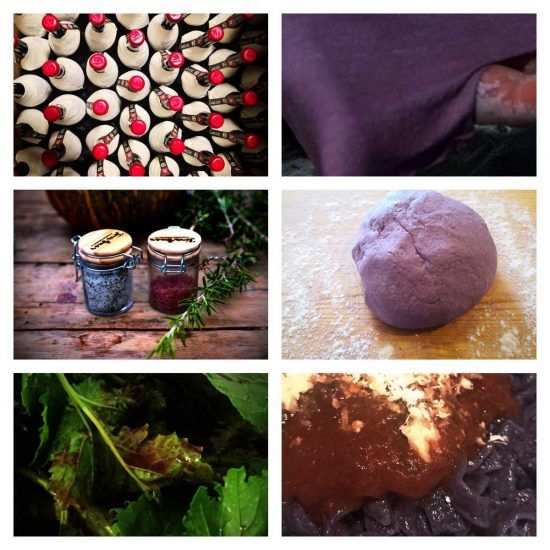
Trebotti’s sustainable delicacies arise from two main elements: the culinary skill (and family recipes) of mamma Giulia and the innovative ideas brought to the farm and kitchen by Ludovico and Federico. With commitment, passion, and professionalism, they have created several new sustainable products.
One example is Giulia’s “Saporita”, a paste of sun-dried tomatoes, capers, and EVO oil, first created by Giulia — the mother of the Botti brothers, from whom the company name comes. The recipe has been refined: a special blend of Lazio’s heart-shaped tomatoes (from ARSIAL’s experimental varieties), dried and mixed with certified organic IGP Pantelleria capers and Trebotti’s organic EVO oil.
Blending tradition and innovation also means working closely with the local community, as Trebotti does with Luciana Tortolini, an expert in Castiglione’s gastronomic culture and wild herbs. Generously, she has shared many traditional recipes and ancient knowledge. The winery often features classic local dishes (like stewed cod with wild fennel) and has given value to wild local ingredients often forgotten. A standout example is Sinapis arvensis: once seen as a “weed”, this member of the Brassicaceae family was widely used in the past but forgotten over time. Trebotti has revived it, cooking and deglazing it with their wine to highlight its unique, delicate flavor. It often accompanies their grilled or roasted meats on tasting menus.
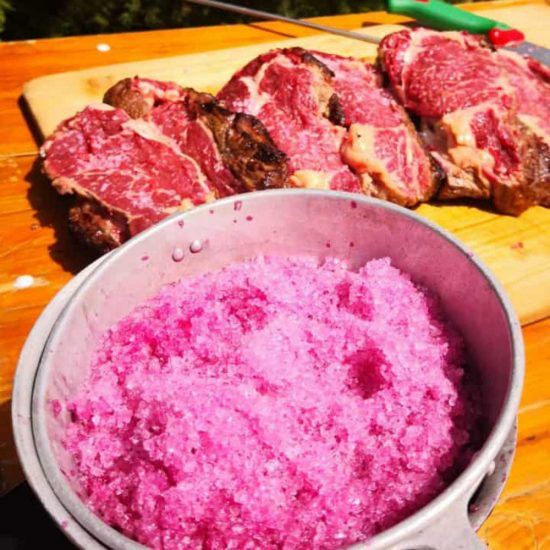
Starting from “family recipes”, the kitchen lab quickly took on a second purpose: to prepare preserved and packaged products for in-house use and for sale.
First among these is naturally Giulia’s Saporita. Then, drawing on mamma Giulia’s experience, lasagna chips with wild sage were created.
Another recent innovation is “La Divina”** — remembering that wine remains at the core of their work, they have launched (after much experimentation) their first spread made with Violone wine, cocoa, and hazelnuts**, all strictly organic. Presented at the last FIVI market, it was a huge hit and became a star in Trebotti’s Christmas gift baskets.
Since wine is always the star ingredient, both in the menus and in the new sustainable delicacies, Trebotti has recently introduced Stracci al Violone: handmade pasta sheets mixed with wine and flour, hand-cut and dried manually, entirely produced in-house.
True to their creative spirit, they have also playfully named new products — for example, “Cavolate in chips”, cabbage chips flavored with the farm’s wild fennel.
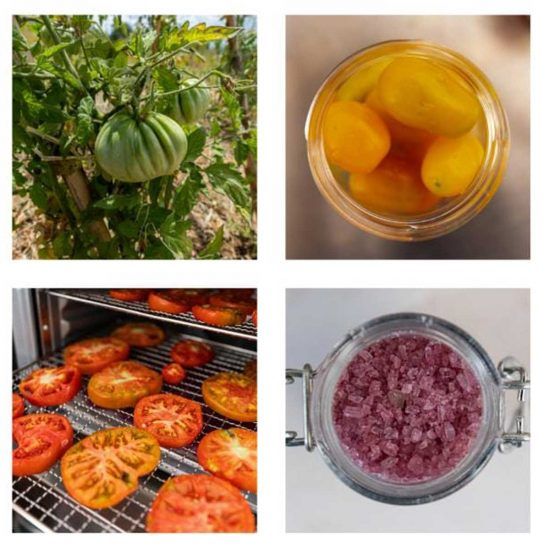
Wild fennel grows abundantly during the warm season. Like their sage, it’s hand-picked, gently dried at low temperatures, and preserved for use year-round. Thanks to this bounty, Trebotti has created Wild Fennel Salt and Country Sage Salt. Completing the trio is perhaps their most unique salt: Violone Wine Salt, smoked with vine wood. Of course, to ensure top quality, the salt itself (an ingredient sourced externally) is an untreated, integral salt from Mothia’s salt pans (Trapani). One of their first transformed products was sweet aleatico passito wine jelly — perfect with cheese and meat. Very soon, Sinapis arvensis will likely be jarred too.
Trebotti’s environmental sustainability — the common thread in all their work — shows not just in product quality and sourcing but also in packaging: reusable glass and wood jars, compostable packs, and recycled paper make Trebotti’s packaging sustainable.
These innovations enrich the winery’s offerings while they stay firmly committed to producing quality wines — exploring new ideas with courage and determination, always prioritizing creativity, premium ingredients, and careful production processes.
